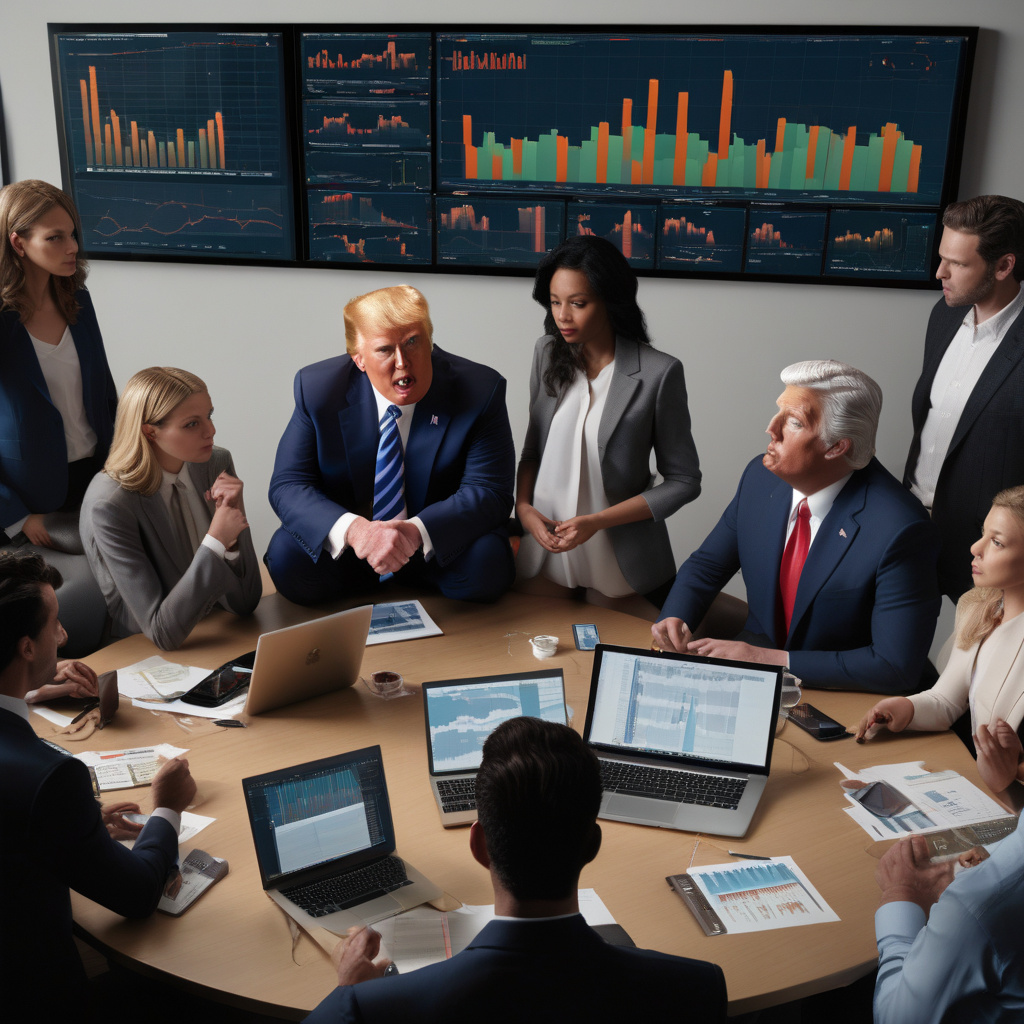Trump Administration Explores Bitcoin Acquisition Strategies
In a bold move that signals a significant shift in investment strategy, the Trump administration has expressed interest in acquiring Bitcoin as a long-term strategic asset, akin to gold. This move marks a departure from traditional investment avenues and showcases a growing acceptance of cryptocurrencies in mainstream finance.
The administration’s consideration of Bitcoin as a strategic asset aligns with the current market trends, where digital currencies are gaining traction as viable investment options. With Bitcoin’s value surging in recent years, outperforming many traditional assets, it has caught the attention of investors looking to diversify their portfolios and hedge against economic uncertainties.
By exploring ways to accumulate Bitcoin, the Trump team is not only acknowledging the increasing relevance of cryptocurrencies but also signaling a willingness to adapt to the changing financial landscape. This move could potentially pave the way for other institutional investors to follow suit, further legitimizing Bitcoin and other cryptocurrencies as investable assets.
One of the primary reasons cited for viewing Bitcoin as akin to gold is its scarcity. Similar to the precious metal, Bitcoin has a finite supply cap of 21 million coins, making it a deflationary asset that could potentially hold value over the long term. This characteristic has led many to refer to Bitcoin as “digital gold,” emphasizing its store of value proposition.
Moreover, Bitcoin’s decentralized nature and borderless transferability offer distinct advantages over traditional assets, especially in a globalized economy. With increasing digitization and the rise of e-commerce, cryptocurrencies present a unique opportunity for seamless and secure transactions across borders, without the need for intermediaries.
While the Trump administration’s exploration of Bitcoin acquisition strategies is a significant development, it also raises questions about the regulatory landscape surrounding cryptocurrencies. As governments and regulatory bodies grapple with the rise of digital assets, ensuring compliance and investor protection will be paramount in fostering broader adoption.
Despite the regulatory challenges, the growing interest in Bitcoin from institutional players underscores its maturation as an asset class. As more traditional investors venture into the world of cryptocurrencies, it is likely to spur innovation and further integration of digital assets into mainstream finance.
In conclusion, the Trump administration’s consideration of Bitcoin as a strategic asset reflects a broader trend towards the acceptance and adoption of cryptocurrencies in traditional finance. By recognizing the value proposition of Bitcoin and exploring ways to incorporate it into their portfolio, the administration is positioning itself at the forefront of a financial revolution that could reshape the investment landscape in the years to come.
Bitcoin, Trump, administration, investment, cryptocurrency
